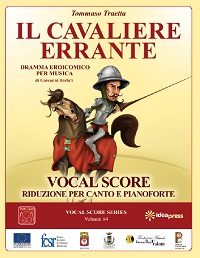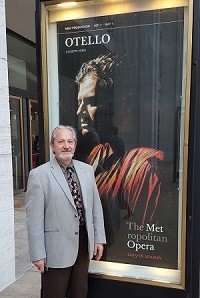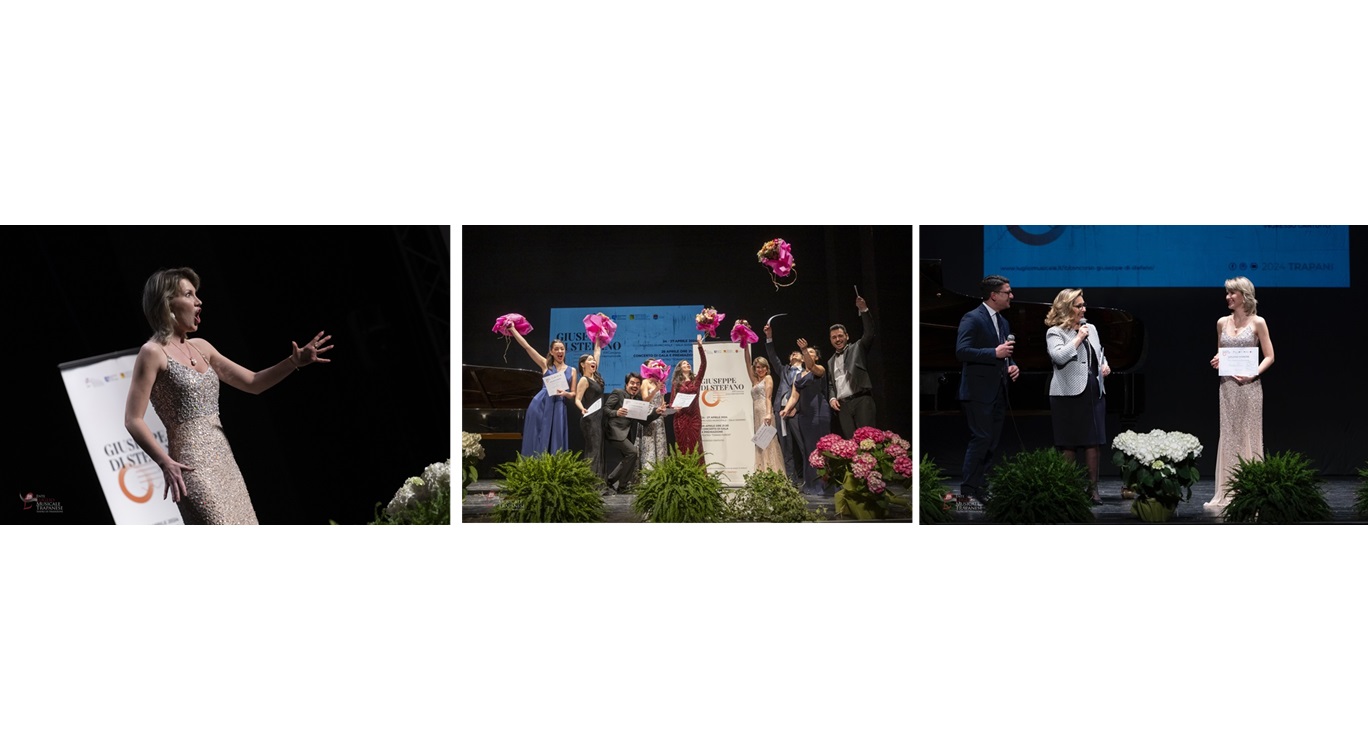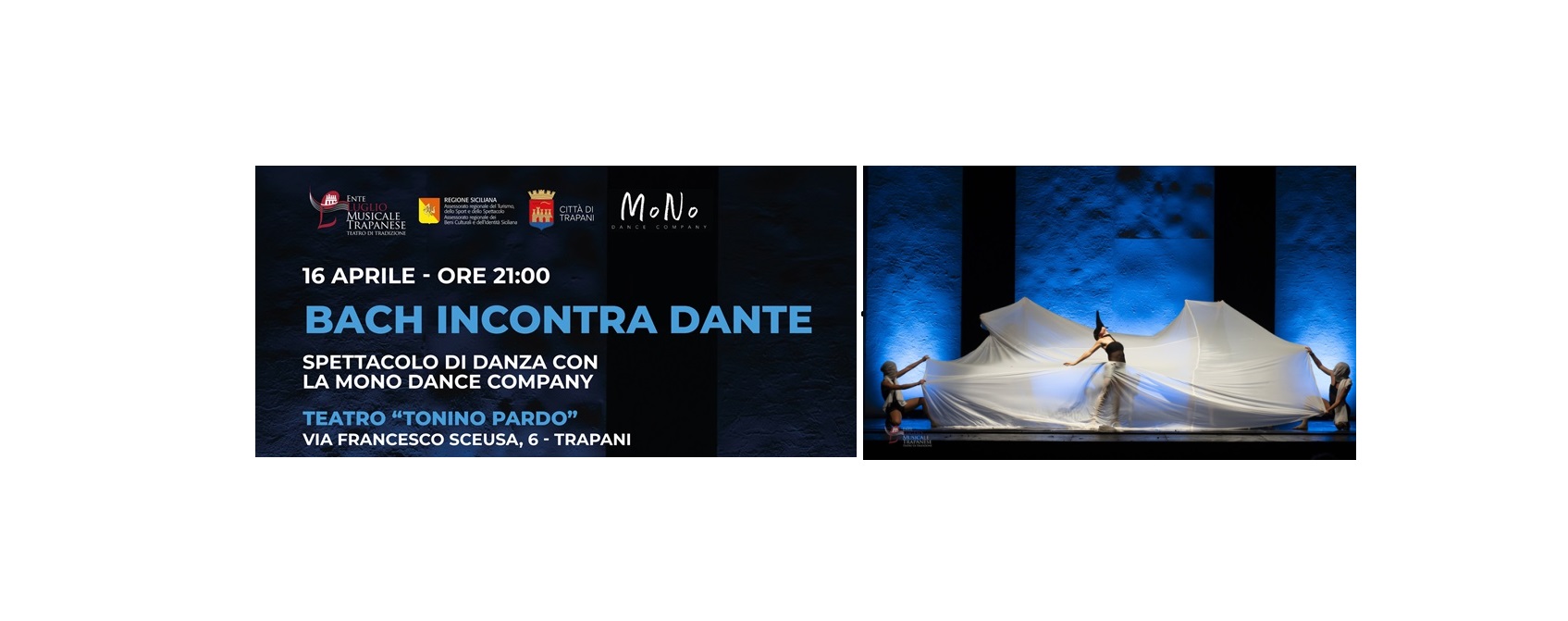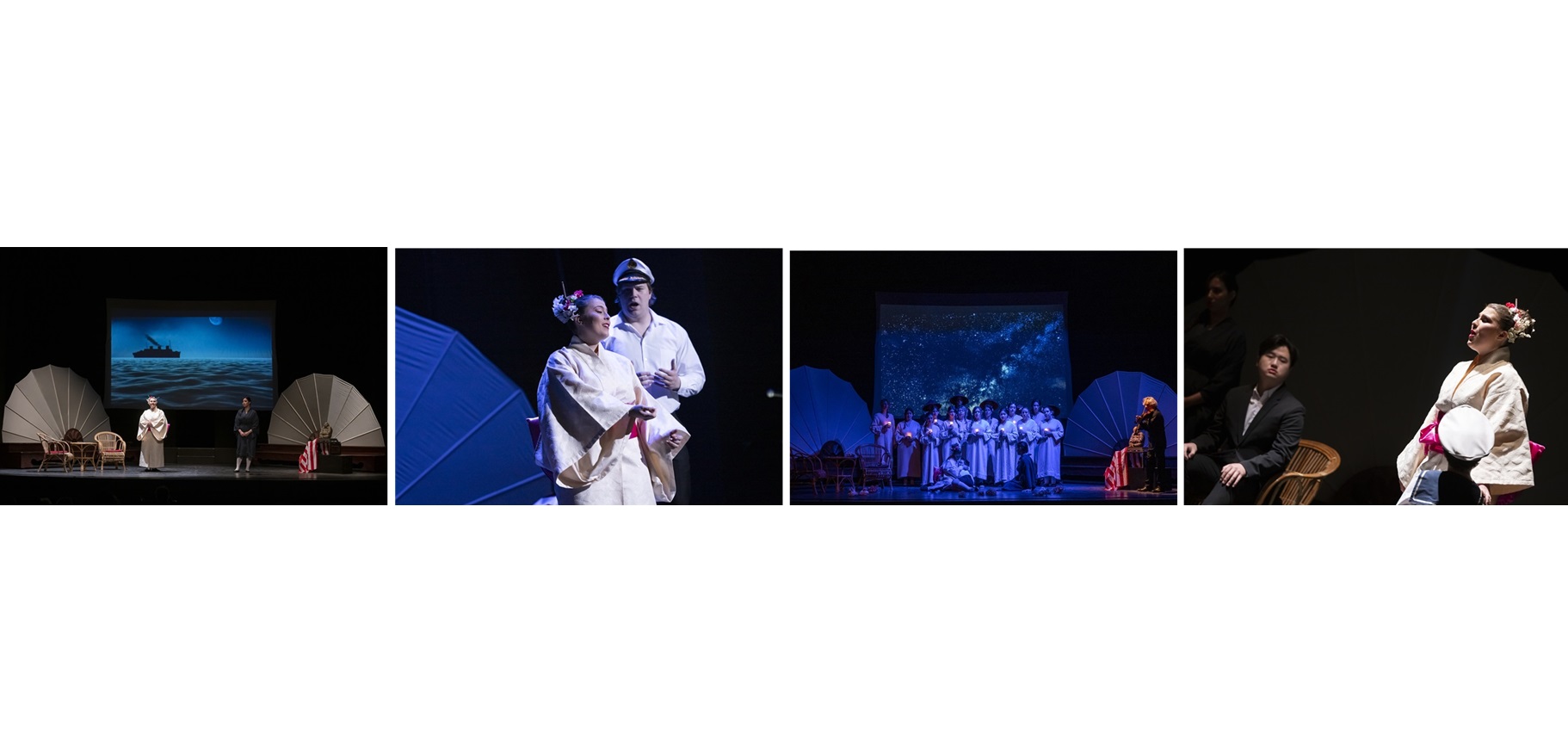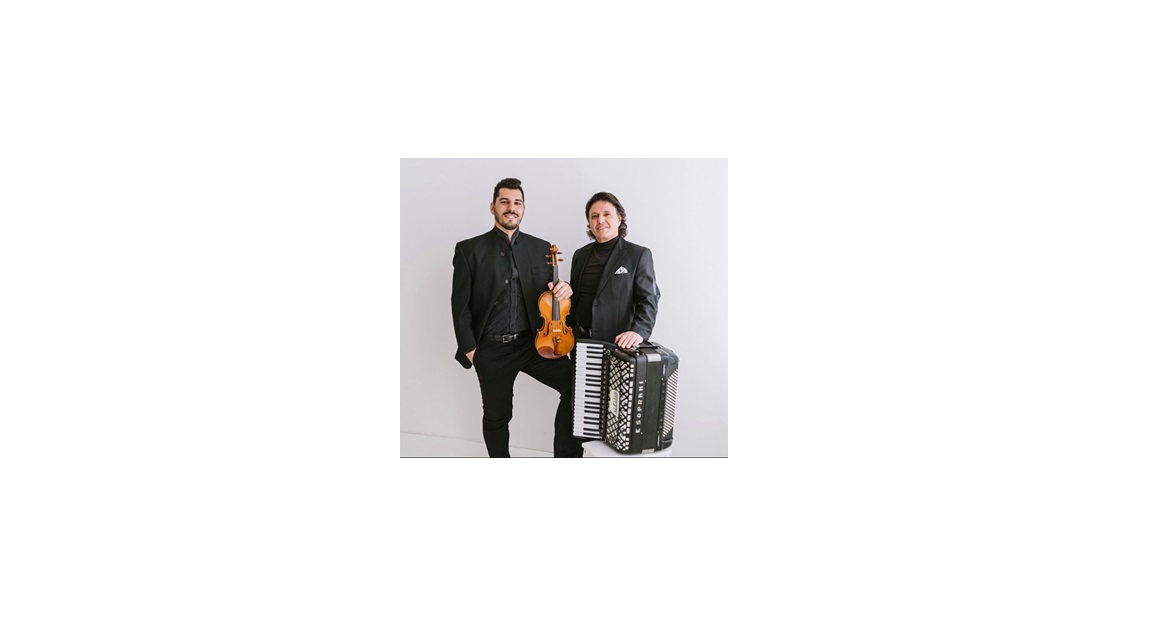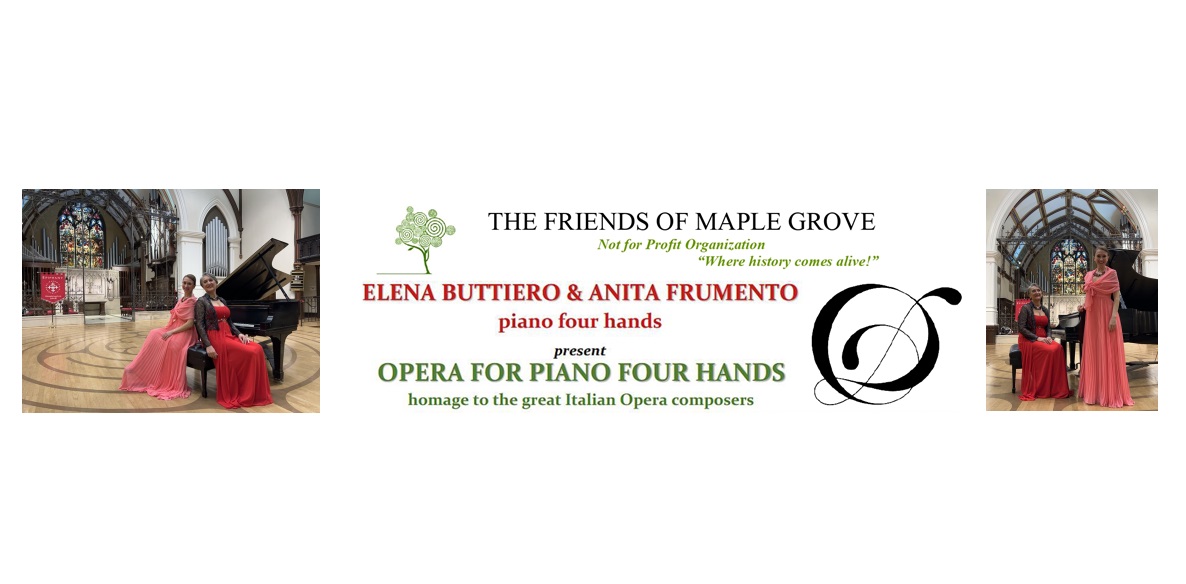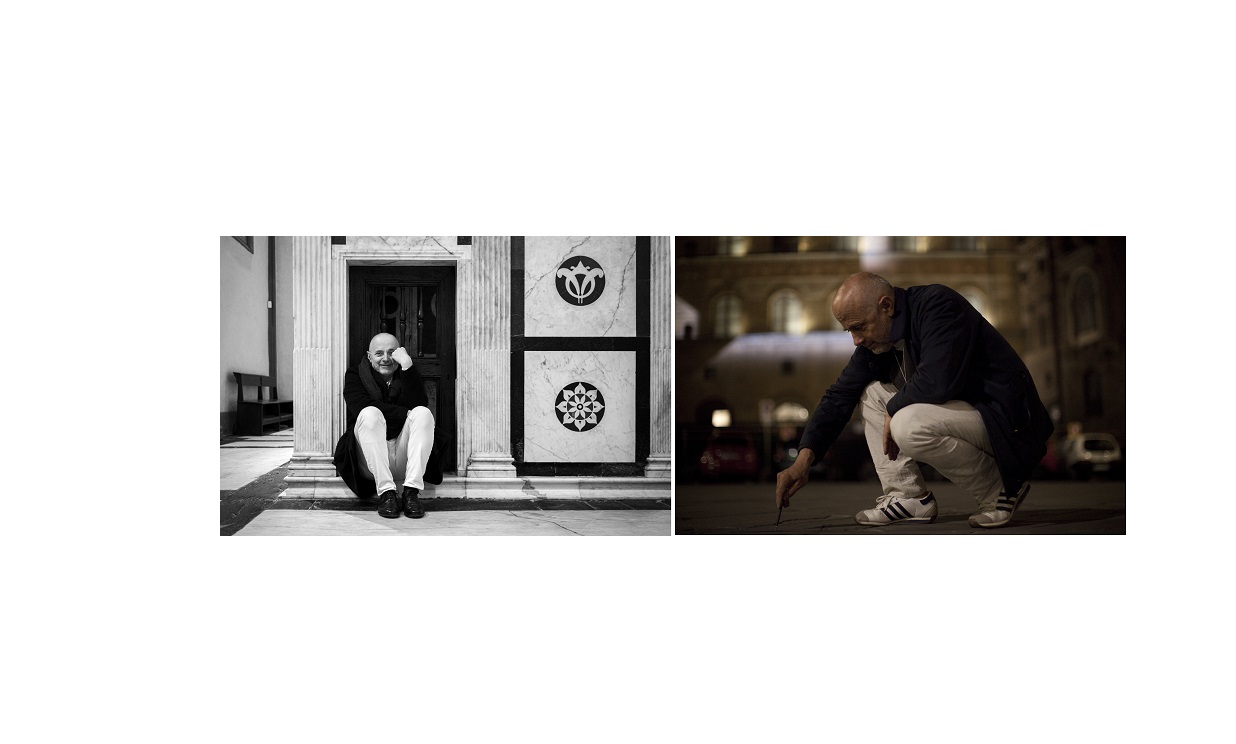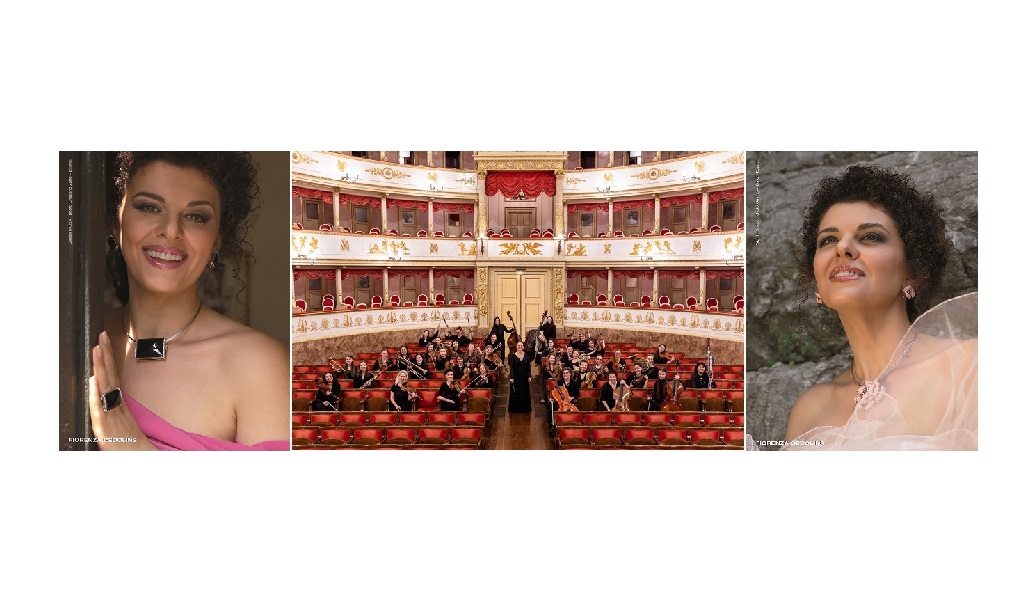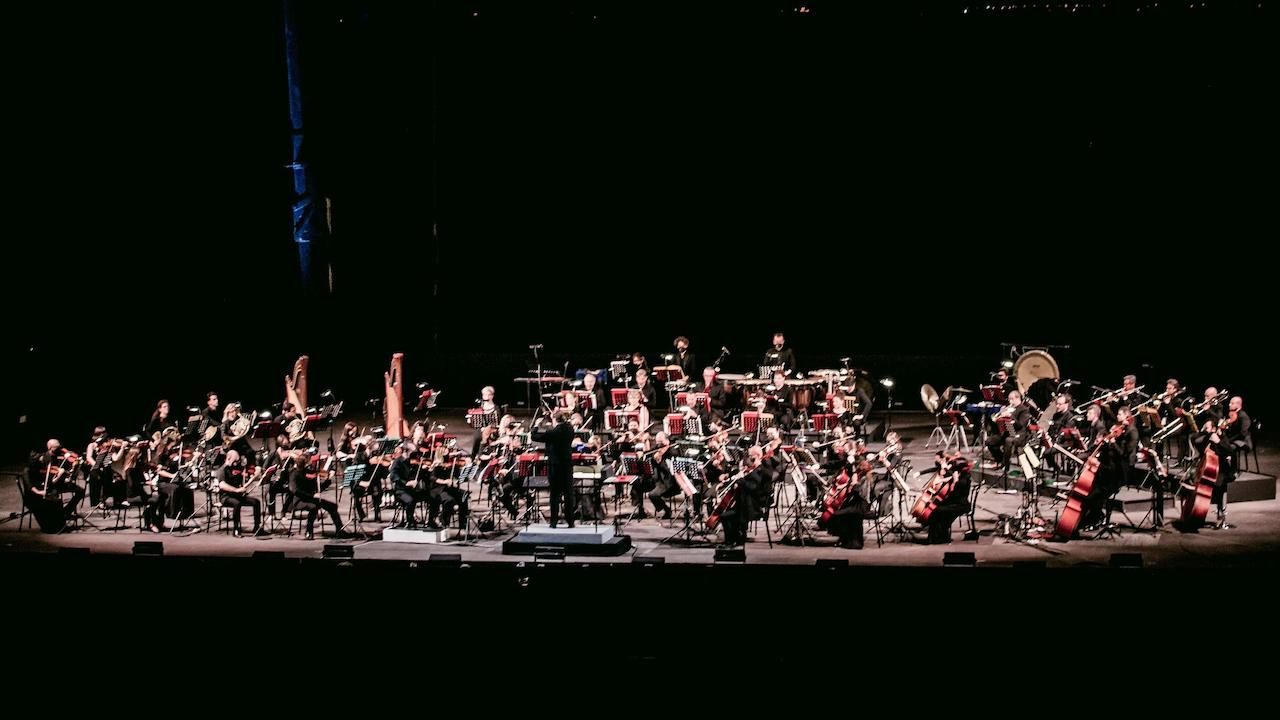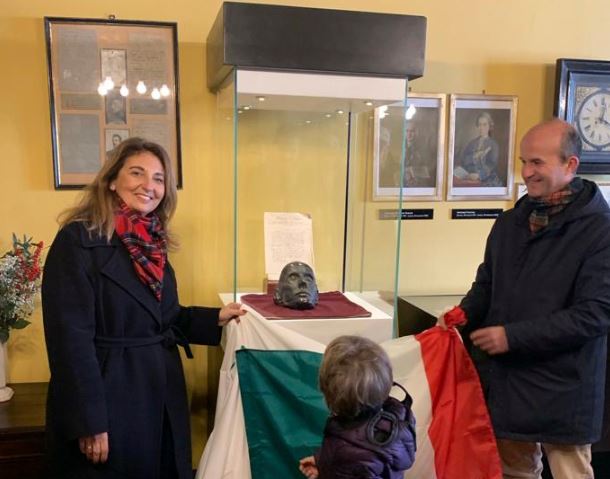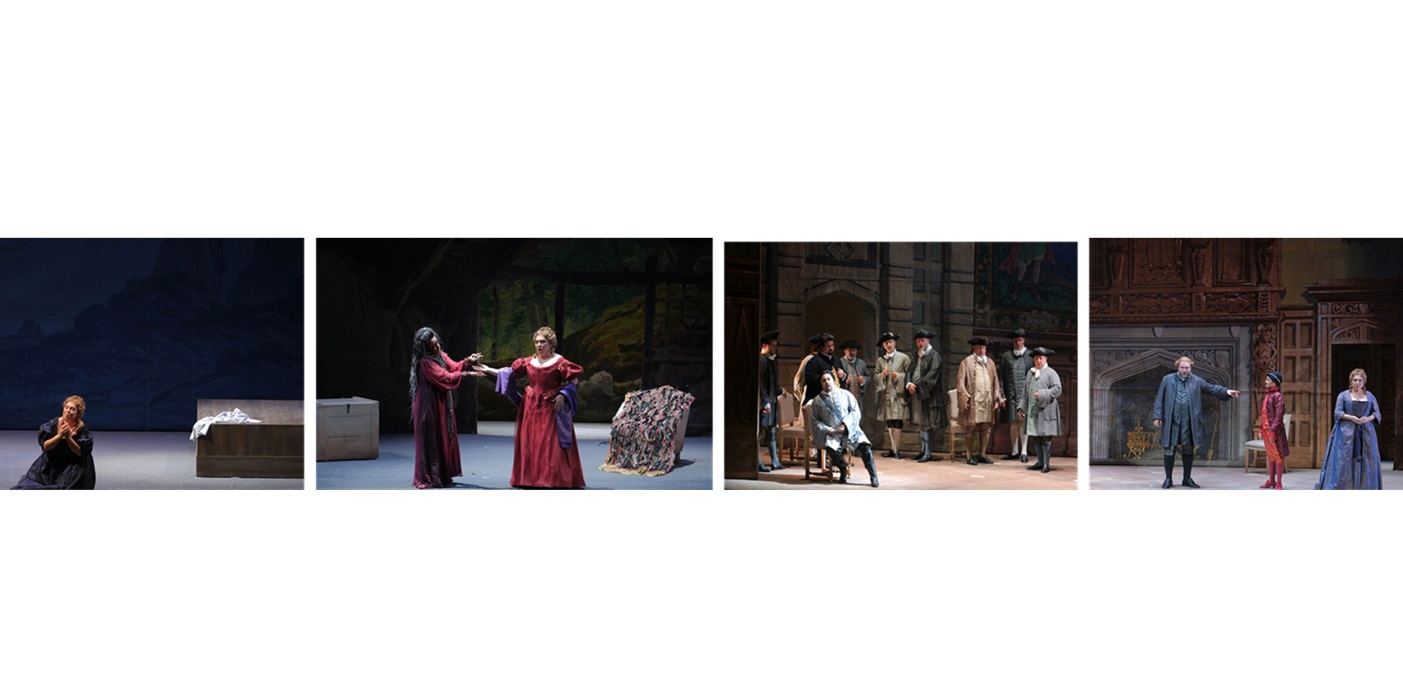Jakov Gotovac’s cult opera Ero the Joker directed by Kresimir Dolencic was performed on Monday November 2, 2015 at 7:30 p.m. on the occasion of the 80th anniversary of the world opening night. The world opening night was held on November 2, 1935.
Ero s onoga svijeta (usually translated as Ero the Joker, literally Ero from the other world) is a comic opera in three acts by Jakov Gotovac, with a libretto by Milan Begović based on a folk tale. The genesis of the opera was at Vrlička Česma in the town of Vrlika, a hometown of Milan Begović.
According to Croatian musicologist Josip Andreis, Ero s onoga svijeta is “not only the most successful Croatian comic opera to this day, but also the only Croatian opera with a presence in the theaters abroad”. (Wikipedia)
SYNOPSIS
Act I
On the threshing floor of the rich peasant, Marko, young women are singing while threshing grain. Only master Marko’s daughter Djula is sad: her mother had died and her stepmother, Doma, does not care for her at all. Djula’s voice awakes Mica, a young man whom nobody knows. While the women are comforting Djula and starting to sing again, Mica slides down from a big haystack on which he has been lying unnoticed – as if he had fallen from the sky. The superstitious women believe him when he says: “I am Ero from another world!” He starts dragging out a story about life up there, delivering messages from their deceased ones. Djula’s stepmother comes out and complains about their laziness. However, Mica sends her back into the kitchen by deceit, and thus, being left alone with Djula, tells her that her late mother has chosen him to be Djula’s husband. While they are discussing how to make her father, Marko, give his consent to their marriage, her father himself appears and drives Mica off, refusing to give shelter to a scoundrel. However, Doma has also heard about this young man from another world and so, after Marko leaves, she makes inquiries after her late husband, Matija. Having heard that he is angry about her new marriage and her lack of respect for him, he adds that his pockets are empty. She, in a pang of conscience, gives Mica a sock full of gold coins to give to Matija when he sees him. Ero joyfully leaves. However, when Marko finds out about the money, he gathers men to go after Mica/Ero.
Act II
In the mill. Sima, the miller, mills and sings joyfully until women crowd: each one is in a rush and he does not know how to please them. When Doma arrives with Djula insisting to be served at once, a quarrel bursts out. Djula tries to calm her stepmother down, but she turns against her and leaves furiously. Djula laments after her ill fate; Sima is comforting her and she leaves with women. But, here is Mica, running away. He disguises himself into a miller’s apprentice and meets the pursuit crying: yes, he has seen the swindler running towards the mountains! They leave their horses and continue the chase on foot. Djula comes back and he assures her that he took the coins just to make a joke out of it, and he persuades her to run away with him. When Marko and men return, a young shepherd comes informing them that he saw Mica and Djula running away riding Marko’s horse.
Act III
At the fair. Throng, howls and cheerfulness. Marko and Doma arrive quarrelling since he does not want to give her money for shopping. She leaves furiously. Sima, the miller, approaches Marko, telling him that Djula, in fact, married a rich boy from the neighbouring village and that they live a happy life. She is longing after her father, but Mica does not want to come unless Marko invites him. Marko agrees to send for him, and when Mica and Djula arrive dressed up, people give them a warm reception. And everything becomes clearer: following mother’s advice, Mica, pretending to be a poor boy, went to find a girl who will love him for what he is. Now, he is ready to give back the horse and money and he only asks for Marko’s blessing. Marko is happy for them and a big celebration begins, with a great round-dance in its finale.
Characters
- Marko, rich peasant, bass
- Doma, his second wife, mezzo soprano
- Đula, Marko’s daughter from the first marriage, soprano
- Mića (Ero), young man from the nearby village, tenor
- Sima, millman, baritone
- Shepherd boy, child soprano
- A young man, tenor
- girls (6 solos), women (8 solos), men, shepherds, fruit-merchants (4 solos), merchants (4 solos), children and other village people.
The opera takes place in a small town, somewhere in the plain at the foothill of Dinara mountain in Herzegovina, in early autumn.
Orchestra
- 3 Flauti (III muta in Piccolo), 2 Oboi, Corno Inglese, 3 Clarinetti, 2 Fagotti (II muta in Contrafagotto)
- 4 Corni in F, 3 Trombe in C, 3 Tromboni, Tuba
- Timpani, Percussioni, Arpa, Pianino
- I Violini, II Violini, Viole, Violoncelli, Contrabassi
- Sul palco: Organo











